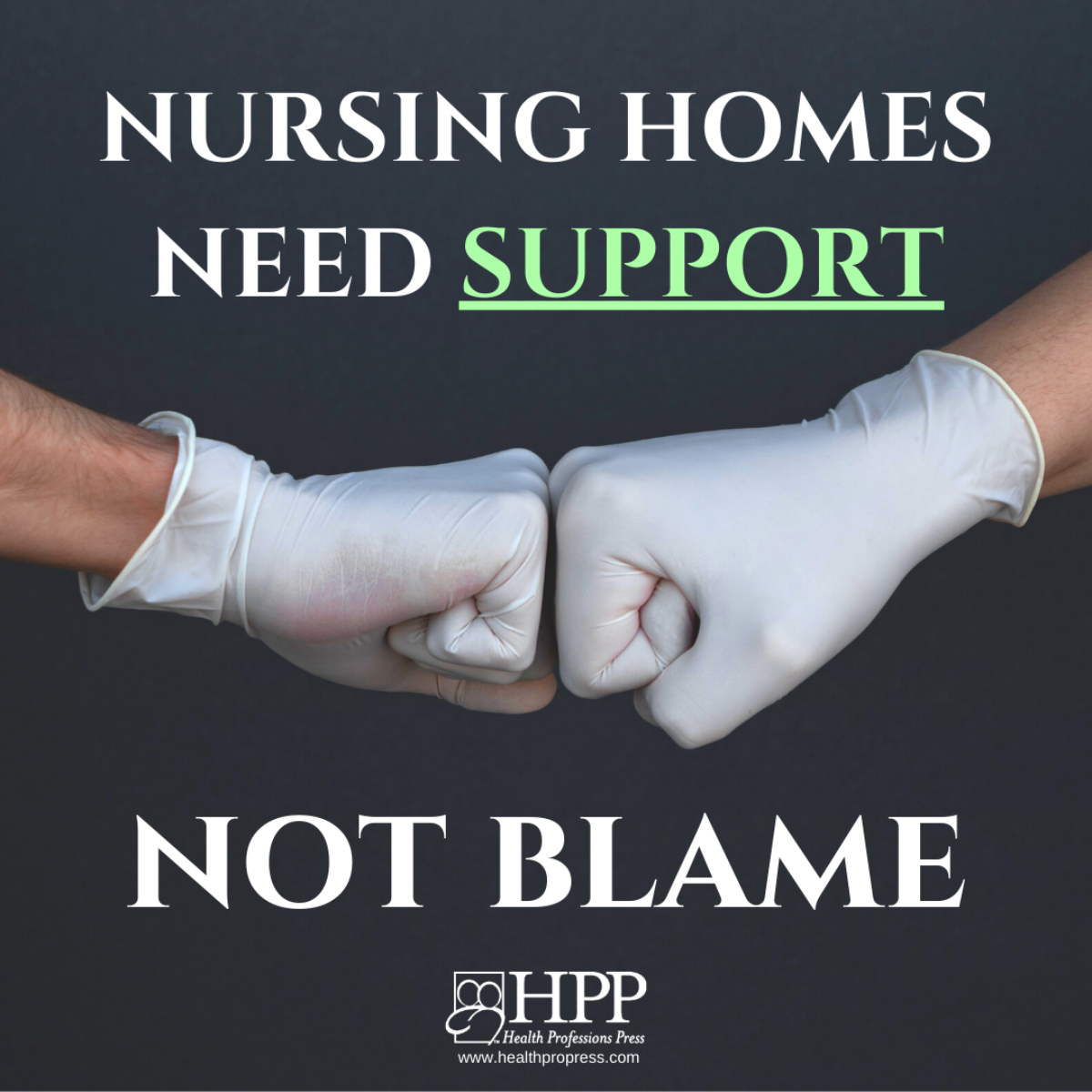
Nursing Homes Need Support, Not Blame
By Jill Vitale-Aussem, LNHA, MMH, author of Disrupting the Status Quo of Senior Living: A Mindshift
This post was originally shared on www.jillvitaleaussem.com and has been re-posted here with permission. View the original post here.
I had hoped, with the current focus on healthcare workers as heroes, that the demonizing of nursing homes would cease during the pandemic.
It hasn’t.
I’ve seen very few news stories blaming hospitals when patients die from COVID-19 but nearly every story about people dying in a nursing home outbreak somehow blames the nursing home.
While there are always some bad apples, the vast majority of nursing homes are full of incredibly talented, passionate and dedicated leaders and team members who are doing the very best they can during a devastating and unprecedented time.
A recent survey conducted by McKnight’s found that 77 percent of nursing home respondents were lacking personal protective equipment (PPE). This isn’t due to lack of trying or stingy budgets. These organizations are working around the clock trying to source PPE. They order supplies only to have the deliveries intercepted for care settings deemed more critical. Unable to procure what they need through normal channels, they’re begging for PPE donations
Even the strongest leaders I know – those that have created empowered teams, excellent infection control protocols and incredibly well-run communities – are struggling, working seven days a week, implementing every infection control procedure they can.
And still, it’s not enough.
The virus gets in, not because of lax screening procedures, but because so many people are carrying the virus with no symptoms.
When the virus takes hold and Elders die, it’s not only the families that grieve. Those that have loved and supported these Elders for years are devastated. And during the pandemic, there is also an incredible amount of guilt. “Was I the person that unknowingly brought the virus in? Is it my fault that Alice died?”
Instead of being blamed, nursing homes need to be supported and nurtured during this incredibly difficult time.
Here’s what you can do:
Remember, it’s not just nursing homes that are struggling.
All Elder care providers are fighting hard against COVID-19.
Share every positive story.
Share every positive story you see about the incredible creativity, love, and compassion that’s happening in Elder care right now.
Contact local Elder Care organizations.
Ask if you can help in some way. Order food for the staff, donate money, and find some way to show your support.
Speak up when you see negative stories.
When you see negative stories about nursing homes or other Elder care organizations, write letters to the editor, contact journalists. Speak up!
Do your part.
Do your part to stop the spread of COVID-19 to Elder care settings. Unless you’re an essential worker, stay home.
About Jill Vitale-Aussem
Jill Vitale-Aussem, LNHA, MMH, is President and CEO of The Eden Alternative. She writes and speaks nationally on topics of culture, leadership, and ageism. She is a licensed nursing home administrator, a LeadingAge Academy Fellow, and a Certified Eden Alternative Educator with over two decades of experience in leading senior living communities in the for-profit and not-for-profit sectors. She is the author of Disrupting the Status Quo of Senior Living: A Mindshift (Health Professions Press/AARP).
Start the MINDSHIFT
Can you have a great life in a nursing home? This book, co-published with AARP, says “yes!” and challenges us all to question long-accepted practices, examine our own biases, and work toward creating vibrant cultures of possibility and growth for elders.

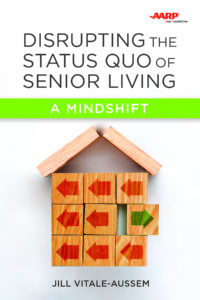
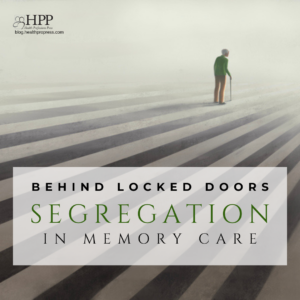
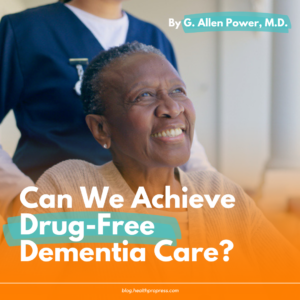
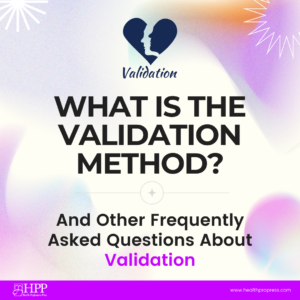
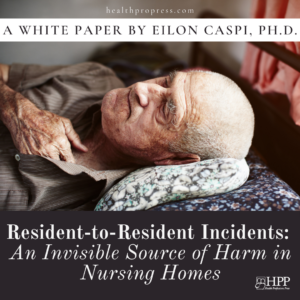
comments
Margaret Keeler says
I have worked in senior living facilities for 10 years as a Charge Nurse.
I know how close the Caregivers become with the Elders. They become a family to them. They care for their physical needs with concern and compassion. They bring joy to the hearts of the Elders with different activities that can bring back happy memories. They are there to bring a spiritual lift for their spirit. No more people die at a Care Center than at home or in a hospital.
Add comment
replies
Add comment